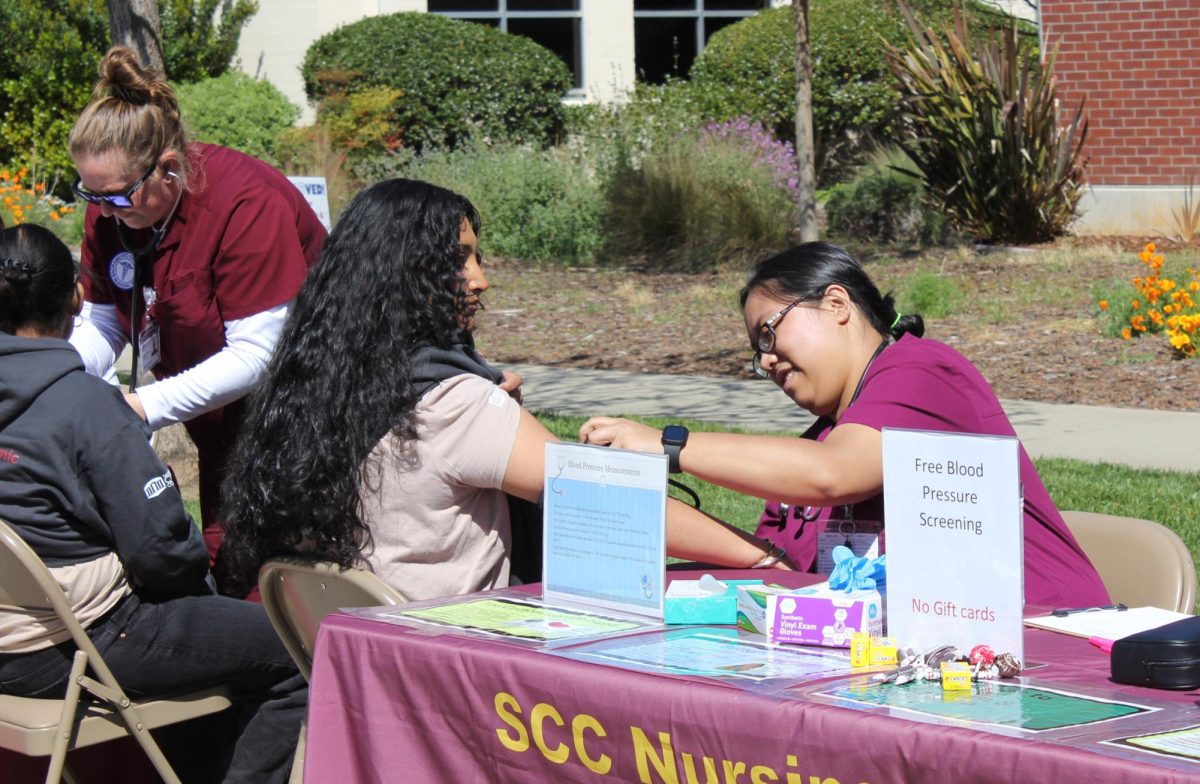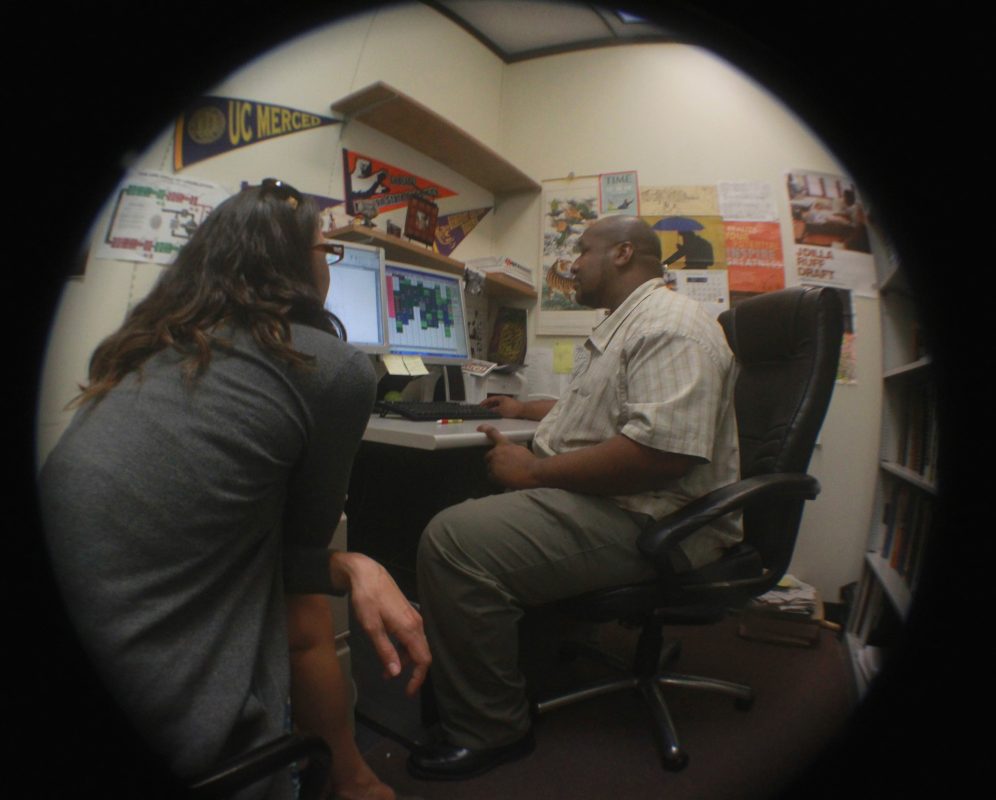Making an educational plan and sticking to it can be a hard task for many students, but a new program required for all incoming students aims to make the process easier.
The Individualized Student Educational Plan or the iSEP is a district-wide program that allows students to work directly with a counselor to plan an educational path, and to have a plan in motion right from the beginning, according to the City College counselors.
According to Richard Yang, City College counselor and district-wide iSEP committee member, an iSEP is mandatory for all incoming students this semester, and failure to have one can result in loss of priority registration. Continuing students are not required to have an iSEP. He added that the college has grouped the iSEP planning process in with taking assessments and attending orientation to ensure success.
“The iSEP must be completed with a counselor, and many of the students have had an opportunity to complete this portion of the process,” said Yang.
“The iSEP is really an electronic version of the traditional student educational plan, only it has other aspects that enhance its usability for students.”
Though the program has recently been fully implemented as of July 2013, it began in fall 2011 as a LRCCD collaboration among retired Dean of Counseling and Student Success David Rasul, district counselors and the district IT department to get the program started. It began as a pilot program at City College in spring 2012.
The program is in compliance with SB 1456, the Seymour-Campbell Student Success Act of 2012, which states all students must have a plan for success to be able to maintain progress, according to Yang.
Yang said he wants students to understand that the program isn’t something that is just forced upon students after a counselor completes it.
“Every student has different goals, and the iSEP is unique to that student,” said Yang. “A counselor works with each student by first understanding the student’s educational goals, explaining requirements, discussing prerequisites, evaluating unit load per semester, recommending other support services such as tutoring, and discussing academic policies that may affect a student. An iSEP requires a discussion, and follow-up is always encouraged.”
Yang explained that the process for setting up, viewing and maintaining an iSEP is quite simple. First a student meets with a counselor to discuss educational and career goals. The counselor then helps the student set up his or her path to achieving those goals, whether a certificate, associate degree or preparation to transfer to a university in pursuit of a bachelor’s degree. From there, the student and counselor can access the iSEP plan through eServices via the MyPlanner function to view or modify the plan as plans or goals change, new classes become available or circumstance arise that may cause a student’s plan to change. But Yang pointed out that only counselors can physically change the plan.
Maristella Bacod, City College counselor and facilitator of the 411 for Success website, a City College service that aims to help new students feel connected to campus, said that the iSEP program was designed to be flexible to these changes.
“We encourage students to follow their educational plans, but, of course, things change,” said Bacod.
“Students have a right to change their majors; we cannot force them to follow a major that they are no longer interested in or want to do.
“We always encourage students to visit the Career Center so that they can research their majors and related career goals,” she added.
“We want students to feel confident about the plan that they selected, and we want their iSEP to reflect goals that they have researched and selected on their own.”
Still, even an iSEP may not always be enough to keep students on track, Bacod said.
“We want students to see a counselor at least once a semester because transfer requirements may change, majors may become impacted, and the selection
criteria for some universities may be different than the year before,” said Bacod.
“Also, by planning ahead, students know when to apply for graduation and/or when to apply for transfer. The CSU and UC systems require that students apply one year in advance and we want students to be prepared when that time comes.”
According to City College counselors, students seem to be receptive to the program as many of them have already set up their plans or are scheduled to do so soon. One such student, Pedro Corona, criminal justice, said he looks forward to setting up his plan in the coming weeks.
“It sounds pretty interesting actually,” said Corona.
“If you’re trying to better your future, why not? I don’t actually think it should be a requirement. You should be capable of, by yourself, just pushing yourself to be able to say, ‘Oh, this is better for my future self.’ Why do they have to make something a requirement if it’s going to come from you at the end?”
Yang said that there are many benefits for students who use the iSEP program, but that most of all it helps keeps students on track.
“The benefit is that the iSEP serves as a map in terms of what courses [and] sequence of courses [a student should take],” said Yang. “[It] provides a time frame for when a student can accomplish their educational goals.”




























